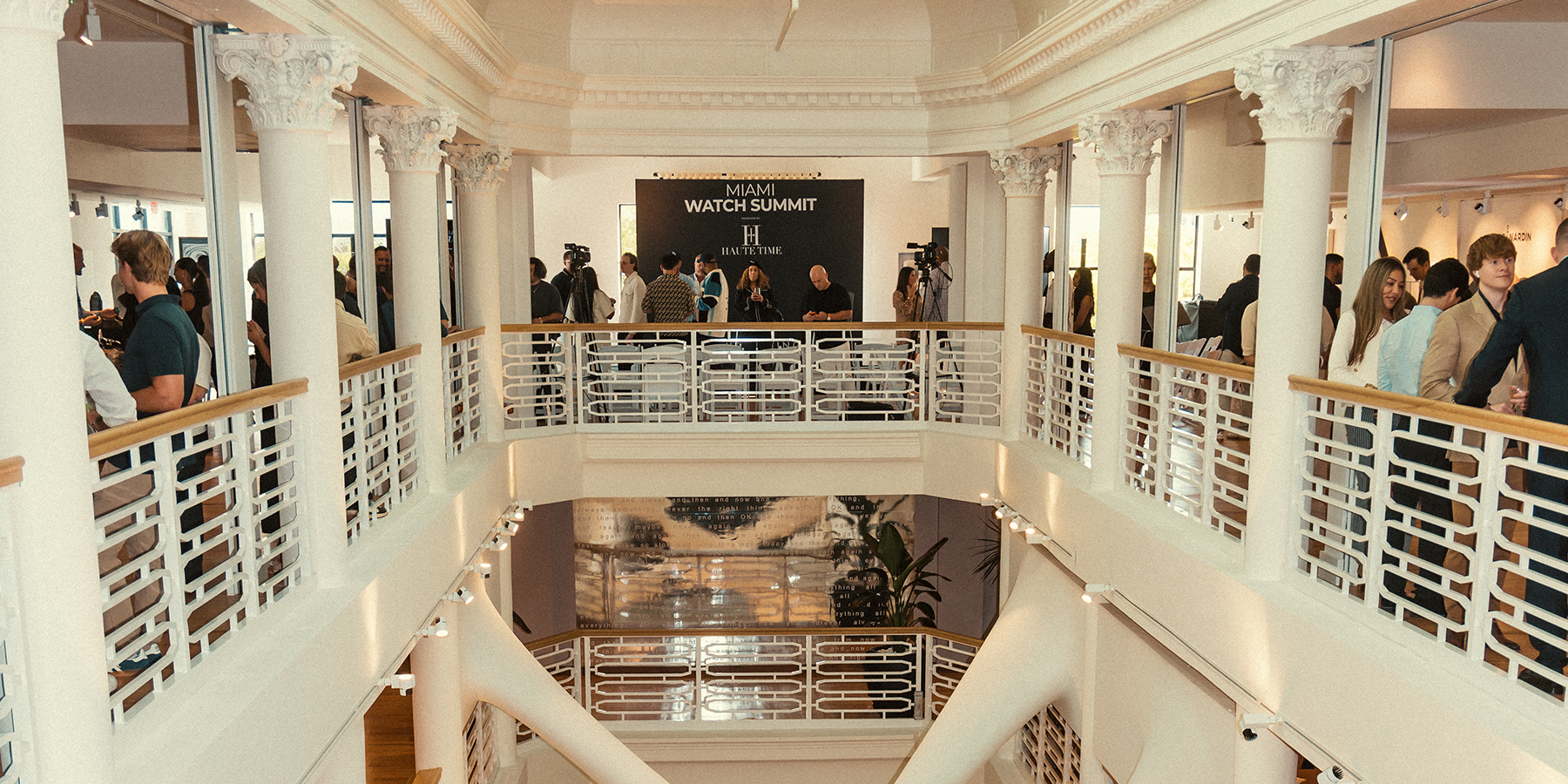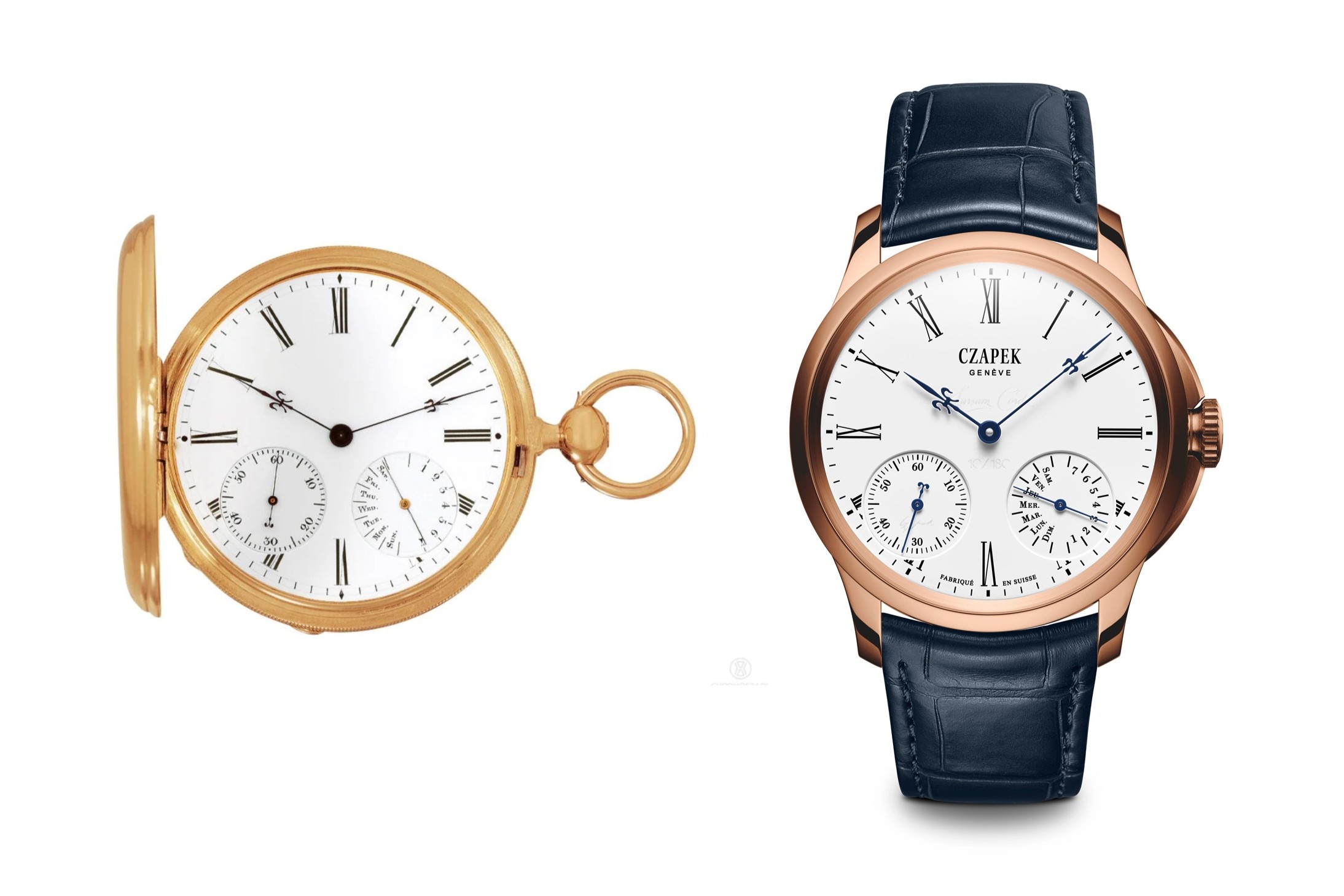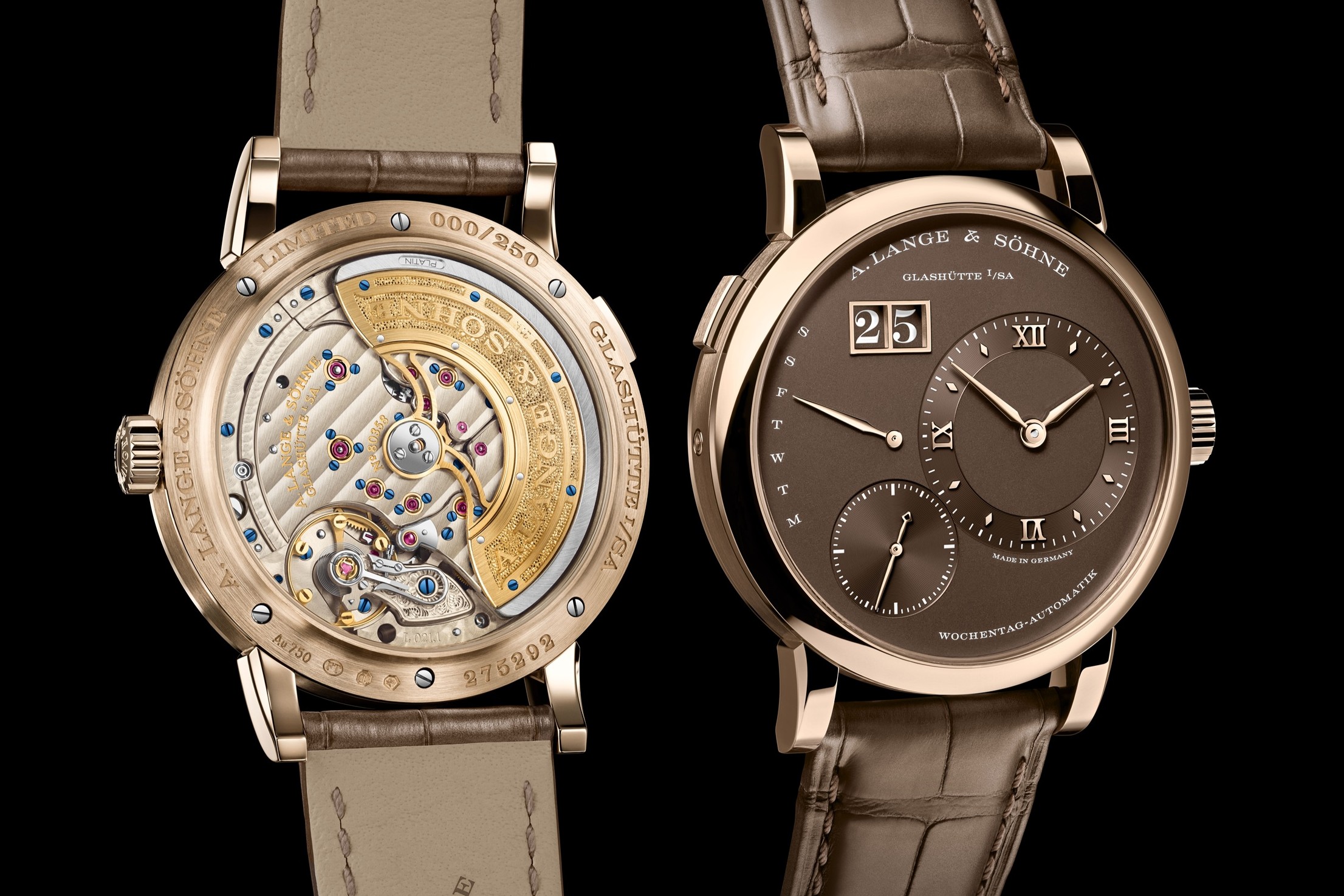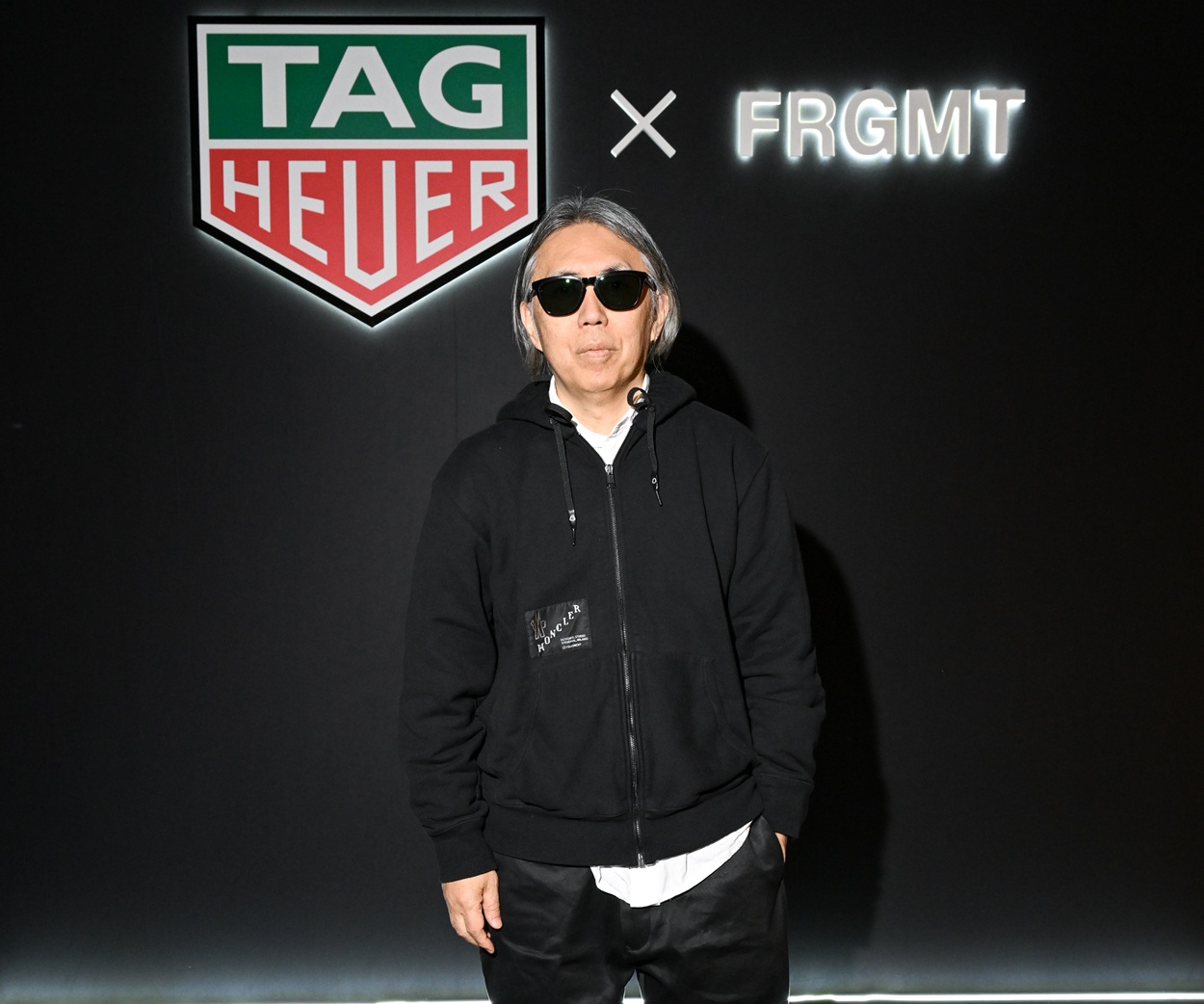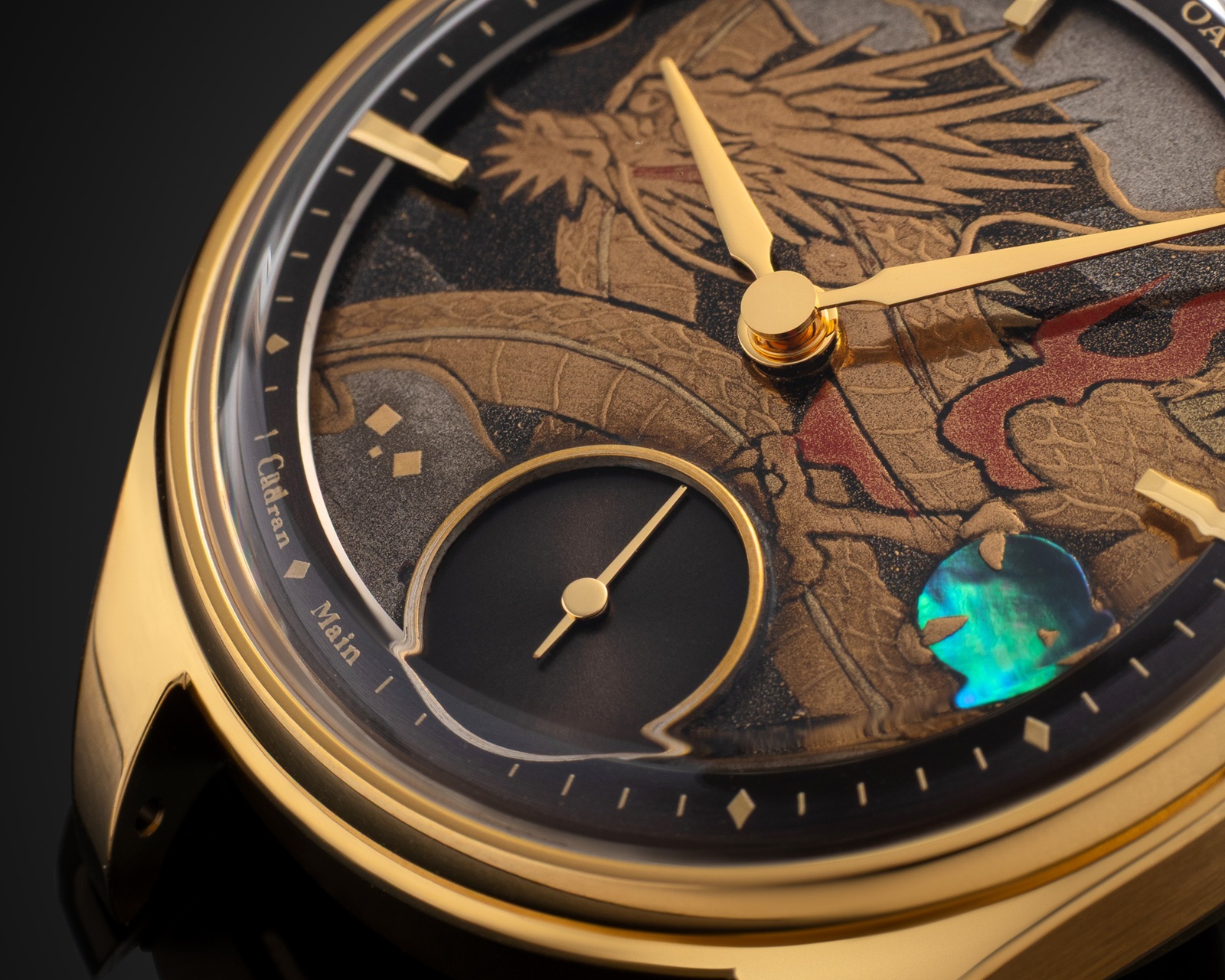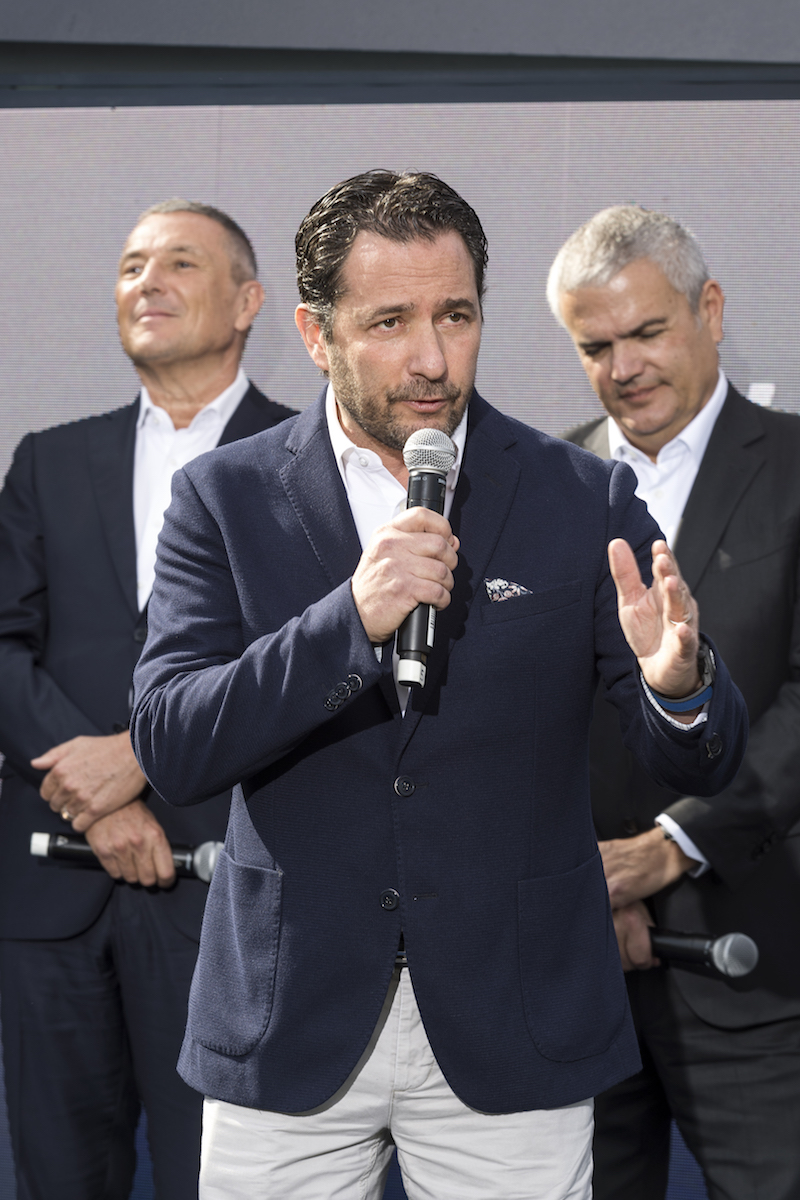
Haute Time Talks With Zenith CEO Julien Tornare About (Re)Building Brands
Brands are not only about the watches that they produce but also about the people behind them. From marketing specialists, boutique managers, and watchmakers, to the CEO, all leave their mark on the brand they work for. We had the opportunity to sit down with Julien Tornare, the energetic and down-to-earth CEO of Zenith, for who the watchmaking industry doesn’t hold any secrets anymore. With him, we talked about building brands, and what makes Zenith so unique among its peers.
HT: Do you consider Zenith to be at its own zenith?
JT: That’s an excellent question, but no, we are not there yet. The zenith will always be something that we are going for. Our zenith will always be the sky, and we will have to go for it continually. It is a never-ending story, as we have so much to do with the brand. When I joined it, I believed that the potential was huge. The sky is the limit, but where in the sky, I don’t know yet.
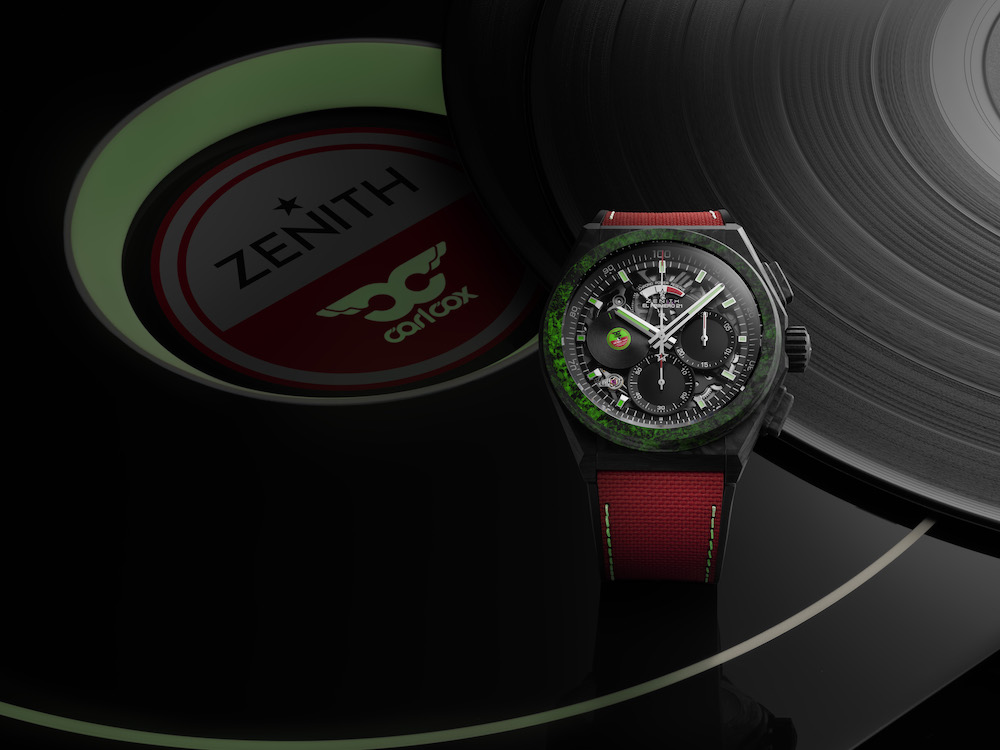
HT: What needs to be done to utilize the potential of Zenith?
JT: There has been a lot of things done in the last few years, but I would say, first, it was about to rationalize different things; distribution, number of SKUs, marketing activities, and partnerships. So many topics that we needed to turn around to be where we are now. When I arrived, the Elite collection didn’t have the right design, and with the Chronomaster, there were too many different models. It took me a while to redesign the classic. It is now refined and elegant, and that is what you go for with classic watches. With Chronomaster, you will see more at Baselworld. We also go back to something very close to the original Chronomaster. Together with Elite, these are not the lines where we can go crazy. We have to stick to what we do well and continue to do it properly with a perfect design. Fortunately, I launched Defy two years ago, which has been such a success and such a growth engine. This is the right line to do limited editions, bigger sizes, colors, different things. I can have fun with the Defy, for sure. We have also been working on other aspects. When I came on board two and a half years ago, there was no digital knowledge or specialized people in the company, and very little presence on social media. We immediately changed this and started from scratch in so many fields that were abandoned. So you can only do better as you have so many leverages.
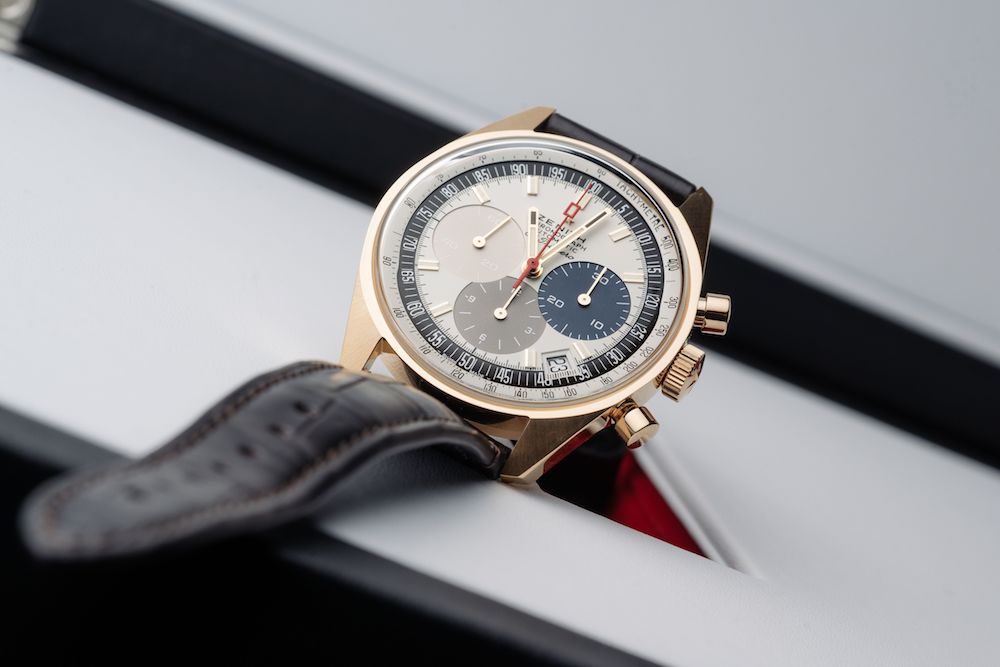
HT: Zenith has an incredible history, represented by some amazing revival pieces in the collection, but also modern creations like the Defy 21. How do you balance these aspects in your overall line-up?
JT: For me, that is very easy. In my 23 years in the watch industry, I have always been surprised by the fact that it’s been segmented into two categories. There where watch brands with a long history, very scared of doing something else that they have been doing. They say you have to respect the past. Then you have other brands, with either a very short history or no history at all, and they started from scratch, and they can do everything, all the craziness, and all the extreme creativity. For me, one doesn’t go against the other. We have a long history, a great heritage of 155 years. We are very authentic. We are one of the last few brands, where you don’t need to wonder if it has a Zenith movement inside. We are so lucky to have this heritage and history, and we are a real manufacture. But it is not because you have that heritage and are a manufacture that you need to be boring and that you need to repeat the past. I want to do new things, to test and try new things, as the people did in the past. A year and a half ago, I was preparing the anniversary of El Primero, and I had an idea. It is going to be 50 years, which is a long time but not that long. I managed to find eight people who worked on the El Primero, and I took them for lunch. The youngest one was born in 1945, and the oldest in 1939. It was a great moment for me. First of all, they told me many inside stories that nobody knew. Also, they told me how much innovation and creativity was used. The word start-up didn’t exist back then, but it was a start-up spirit that they had in the ’60s when they made the El Primero, which was totally new. Nobody believed it would work, and everybody told them not to do it. They went for it, and they reach their star because of creativity. I have two choices, I will repeat what has been done, or I will try to make history and create new things. I actually think that it is our mission to do so. Talking to these gentlemen, now in their eighties, you would think that they would be a bit conservative, but they pushed me and told me to bring new things.
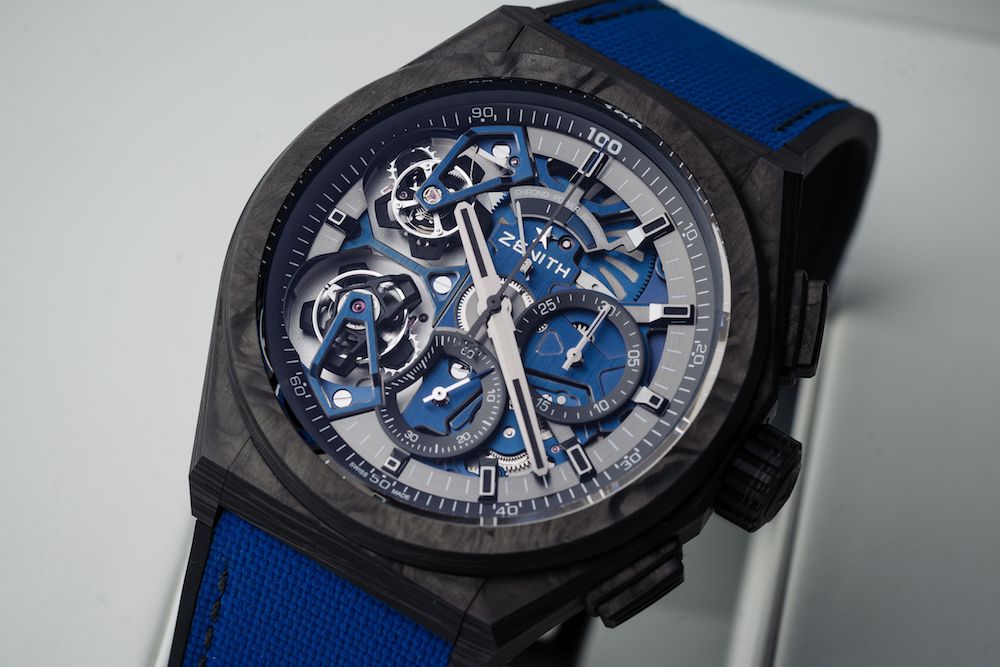
HT; In the past, you have delivered movements to other brands, even outside the LVMH-group. Is that something you aspire to do again?
JT: No, because we are not a movement manufacture. We could have taken this direction, but we are a brand. This is what we are doing now; we are building and reinforcing the Zenith brand. It is clear that we have strong expertise in manufacturing movements, so we benefit from it, first of all, ourselves and then for some sister-brands from the group, that not a secret, but that’s it. I have had quite a few requests from external brands to buy El Primero and Elite movements, but we said no to that.
HT: What is the legacy that you want to leave behind as CEO of Zenith?
JT: First of all, it is clear. When I came on board, the brand was in a tough situation. I needed to bring the brand back on track. When I say back on track, it is not like it is done many times in the past. A new CEO is coming, for one year, he cleans up and says that everything that was done before was wrong. Then he starts to do his own thing and starts to push the markets, with a focus on selling, selling, selling, and a little sell-out sometimes, and then he gives the key to the next one, and that person has a bad situation. My job is to bring the brand back where it should be, meaning that we should double, triple our performance of today. We have the potential for that but in a clean way. What I like people to remember is that I brought back the original DNA of the brand. We have been super dynamic and super creative since the first day, and when I came on board, Mr. Jean-Claude Biver himself told me that Zenith is a sleeping beauty and that my job is to wake up the beauty.
 SIGN UP
SIGN UP


